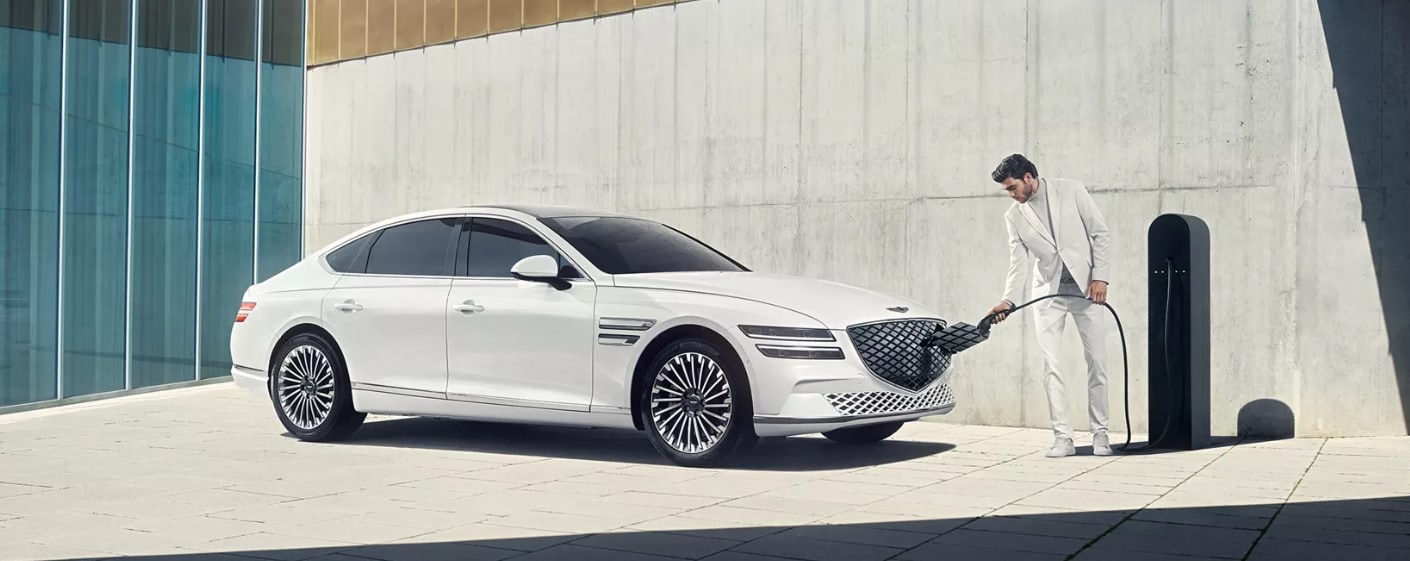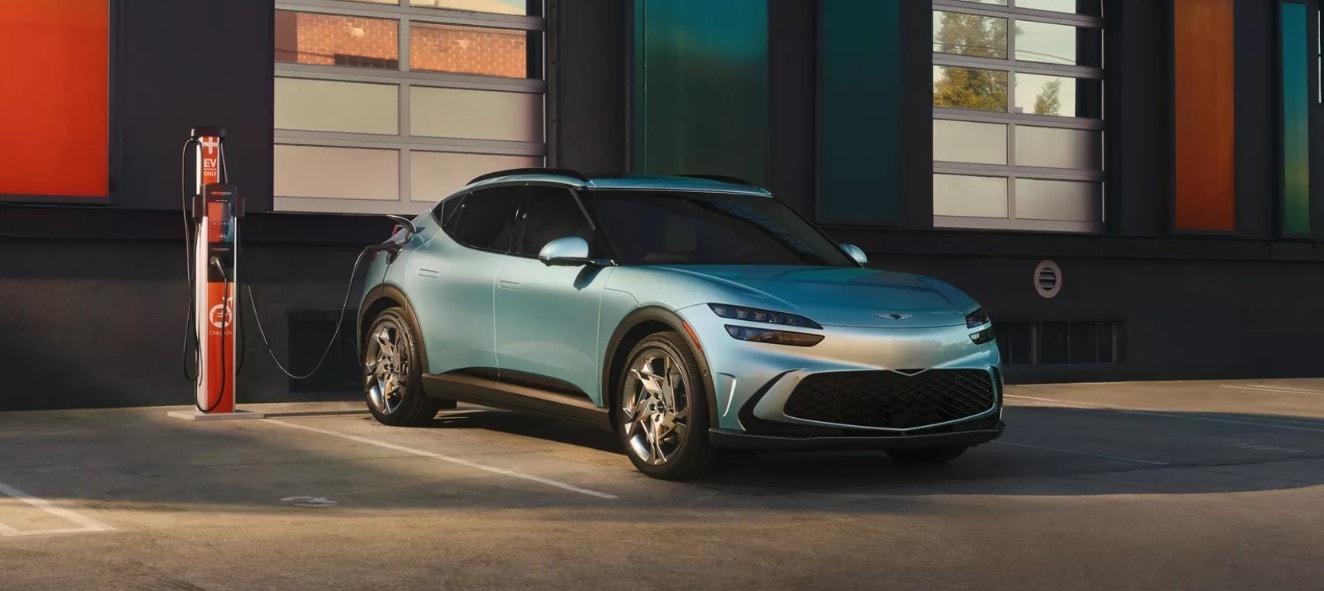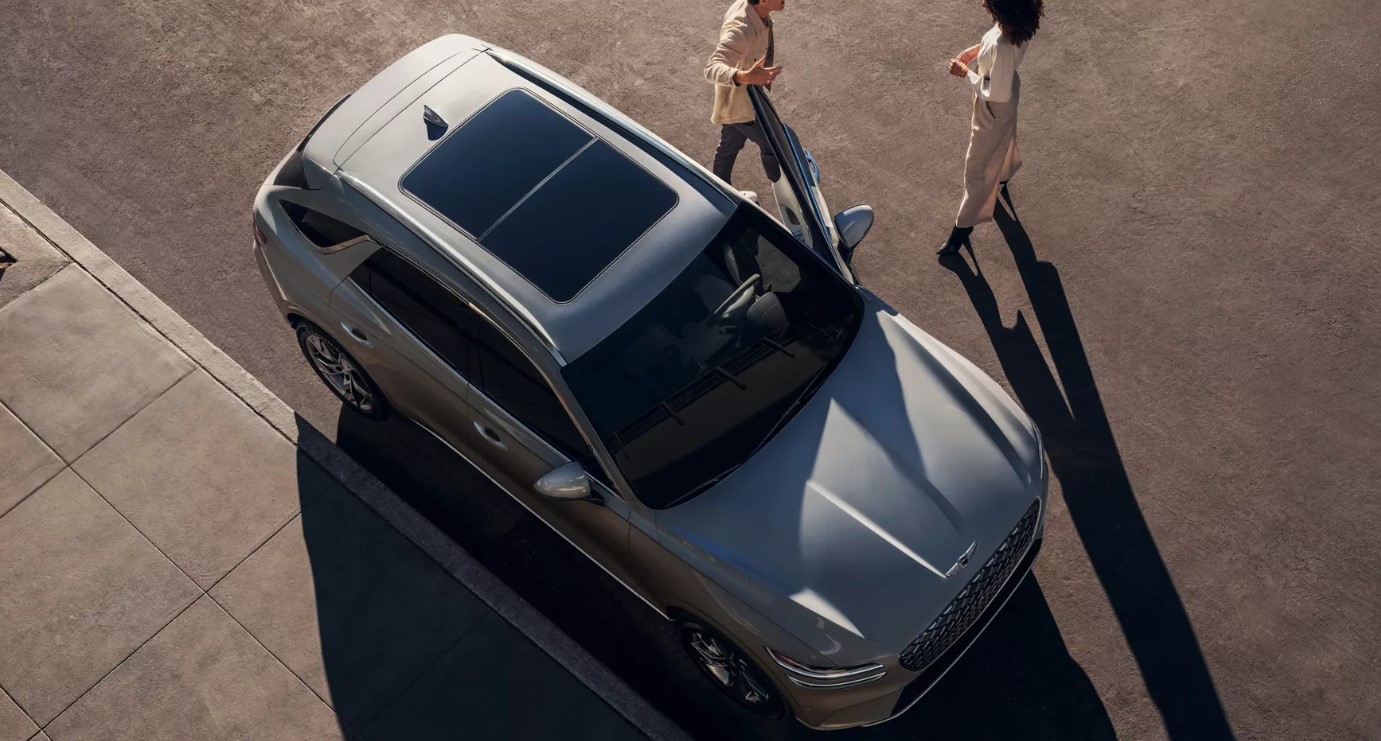

So, you’ve finally decided to take the plunge. You’ve read all the articles, talked to all your friends, and done all the research—now, you think you’re ready to see an electric vehicle sitting in your driveway.
You still have one very important decision to make though: is it better to lease or buy an electric car?
The ups and downs of leasing vs. buying are pretty well-known, but the pros and cons of leasing an electric car can introduce a few new wrinkles into the issue. So, if you’re one of the many Americans faced with this decision, let’s see if we can shed some light on the matter.
A Quick Rundown of Leasing vs. Buying
Just so we’re all on the same page, let’s define the two terms.When you lease a vehicle, you’re basically renting a car for a predetermined amount of time—commonly anywhere from 18 to 36 months. A lease contract also usually comes with an allotted amount of miles that can’t be exceeded. You make monthly payments, then at the end of the lease term, you turn the keys back in to the dealership or company that owns the vehicle.
Buying or financing a vehicle is more like having a mortgage on a house. The payments you make go toward the price of the vehicle and whatever interest is on the auto loan. The term is usually longer, often anywhere from 48 to 72 months depending on your down payment, credit, and overall price. After the car is paid off, you own it indefinitely.
The Pros of Leasing an Electric Car

Some folks scoff at the very idea of leasing a new vehicle, mostly because a lease doesn’t result in equity and ownership (although you can end up owning a leased vehicle after your term is up—read on to find out how).
Despite people’s reservations, leasing can actually make a lot of sense in the right circumstances, and it can actually have some surprising advantages compared to leasing a gas-powered vehicle.
Pro: You Can Try it Out
One of the biggest advantages of leasing an electric vehicle is that it allows you to wade into the world of EVs without diving in headfirst.Because a lease comes with a relatively short preset term, you won’t be locked into a long loan. If you’re not 100% sure about EVs, but you still want to try it out for a while, you can simply choose a short-term lease agreement. After about a year and a half of leasing an electric vehicle, you’ll have a rock-solid foundation of knowledge about EV ownership, and you can then choose whether you want to buy out your current lease, sign a new one, or start looking into EV finance deals.
Pro: Less Down, Lower Payments
Lessors calculate lease payments by estimating how much the vehicle is going to lose its value over the course of the lease. Basically, this means lessees are only covering the gap between the car’s initial brand-new value, and its expected value after the lease ends, as opposed to financing the entire value of the vehicle over the course of a 4-to-7-year auto loan.If all that’s a little too complicated, here’s a simpler way to put it: month-to-month lease payments are often much lower than monthly auto loan payments because you’re not actually paying the full value of the car, you’re just covering the depreciation.
In addition, down payments on a lease are almost always much, much lower.
Pro: Potential Gifts from Uncle Sam
Many people assume that, when you lease an EV, there’s no way to benefit from the federal EV tax credits that are available. In reality, the opposite is sometimes true.When you buy an EV, in order to get the full federal tax credit, the vehicle must meet strict guidelines regarding where and how the battery and mineral components are sourced, and these guidelines change yearly. Under the current laws, some new electric vehicles don’t qualify for the federal rebate.
A leasing company is a little different in the eyes of the law because it’s considered a commercial sale. Therefore, lessors are beholden to less restrictive tax law regulations, meaning it’s easier for them to get the full rebate, which totals $7,500.
Here’s the practical upshot: many lessors pass these tax savings onto the lessee through huge lease payment discounts. Hyundai Motor Company is among the automakers stating that they’d pass the savings onto EV lease customers, which includes Genesis EVs as well.
Pro: We’ve Got You Covered
Whether you lease or buy a new car, you’ll be covered under the new vehicle warranty, which can save thousands of dollars in vehicle repairs.When you buy a vehicle, though, you’ll be on the hook for repairs when the warranty ends. Leased vehicles are covered under warranty for the entirety of the lease period, so you’ll never have to worry about potentially expensive powertrain or battery repairs.
The Cons of Leasing an Electric Car

As with anything, there are some potential downsides to leasing vs. buying an EV. Broadly speaking, they’re very similar to the cons of renting any other car.
Con: Terminating a Lease Can Be Tricky
When you sign a lease, you’re signing a binding contract. This means that if you do decide that the car you’ve leased just isn’t right for you, you may be stuck with it. Breaking a lease agreement can result in some pretty steep fees.This, in a nutshell, is why it’s imperative to do your due diligence as a buyer, both in terms of EV research and in terms of negotiating your lease agreement. If you have any specific questions about early lease return, don’t hesitate to reach out to a local lease specialist at a luxury car dealership near you.
Con: No Skin in the Game
One of the biggest benefits of buying vs. leasing an electric car is that you earn equity in the vehicle. As long as you don’t owe more than the car is worth, you can sell or trade it in at any time for a profit, and if you keep making the payments as scheduled, eventually, it’ll be all yours.When you lease a vehicle, you’re not earning equity, so it’s sort of like renting an apartment. However, you can choose to buy it at the end of your term, so it can turn into sort of a rent-to-own scenario. How this works is, that when you sign the lease agreement, the lessor will have calculated what they think the vehicle will be worth at the end of the lease. If their calculation is off, and the vehicle ends up being worth less at the end of the lease, it can actually be worth it for lessees to buy the vehicle out. Still, it’s a gamble; it’s by no means a surefire way to gain equity in a car.
Con: Fees Can Add Up
Upon signing a lease, you agree to certain terms.One of these terms is a mileage restriction, which is commonly between 10,000 and 15,000 miles per year. This means, if you exceed this mileage, you will incur an additional fee for the extra miles driven. This can be a hangup for people who put a lot of miles on their vehicles.
Another caveat is that the car must be kept in good cosmetic condition. A small chip in the paint or crack in the windshield won’t raise any alarms, but lessees will have to pay for excessive dents, dings, or scratches on the car’s exterior. Other things that can cost a fee include worn-down tires and interior damage.
So, Is Leasing an EV a Good Idea?
As with any other car, the decision of leasing vs. buying an electric car depends on one’s own financial situation, and deciding whether or not to make the switch to EVs depends on your lifestyle. One thing is certain, though: EV adoption is becoming easier every year, especially since Genesis and other automakers are adopting the North American Charging Standard, which gives access to over 12,000 Tesla Superchargers.If you’re looking to lease an electric car in Miami, Braman Genesis is offering potential EV lease cash deals on select models. Visit our promotions and special offers page to learn more, or give us a call at (786) 574-3093 to find out how you can get one of the best electric car finance deals on a Genesis GV60.